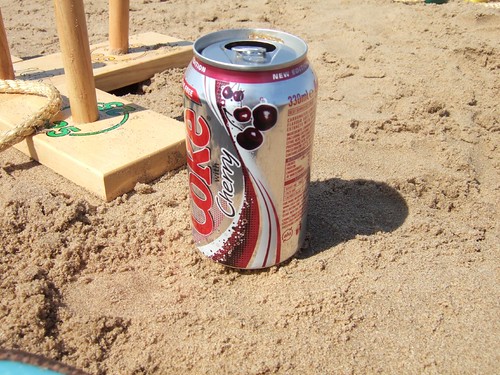 I'm at the point with my cancer that the car has finally bumped down off the pavement and we're driving on gravel now. What I mean is, the end of the road is somewhere up ahead, not too far, and I'm not going back to smooth speedy travel, ever. To keep moving at a reasonable pace, I have to pay more attention to details, and a lot of stuff I previously took for granted requires effort—mine or someone else's. This has happened faster than I expected, but life often does.
I'm at the point with my cancer that the car has finally bumped down off the pavement and we're driving on gravel now. What I mean is, the end of the road is somewhere up ahead, not too far, and I'm not going back to smooth speedy travel, ever. To keep moving at a reasonable pace, I have to pay more attention to details, and a lot of stuff I previously took for granted requires effort—mine or someone else's. This has happened faster than I expected, but life often does.
Several doctors have helped me manage my symptoms, and the celiac block procedure I had last weeks seems to have helped with abdominal pain, for one thing. While my chest cough persists, it is not from fluid building up in my lungs. I am treating the cough, most often at night, with a drug that dries tissues out locally so I can more easily find a comfortable sleeping position. The Depends are doing their job too.
Both of my feet and lower legs are swollen, but that appears to be a regular consequence of my metabolism becoming wonky as the tumours interfere with my various bodily systems. The treatment? Elevate my feet, and wear super-tight compression stockings (I'll get thigh-high ones fitted in the next few days, ooh-la-la). I remain stupefyingly tired, especially on days like today when I decide not to take Ritalin to perk me up.
None of these symptoms will get much better. The only one that could is my voice, which has been nothing but a whisper for two months, but which I hope Dr. Anderson will inject or spray on April 25, and perhaps I'll be able to speak with my vocal cords again.
Real plans, for real. No really.
All the rest means that my wife Air and I are making plans, real plans, about what the next few weeks and months are going to look like. I am on the full B.C. Palliative Care benefits program—British Columbia seems to be in good stead when it comes to this somewhat uncomfortable specialty.
I have signed the official B.C. Do Not Resuscitate (DNR) form, so if I have a heart attack or other really drastic event, then my medical team—plus first responders and hospital staff—know that I don't have long to live, and don't want any overly-heroic treatments to keep me alive at any cost. In particular, there's no point in having me on a ventilator in intensive care when that space could go to someone who might make a full recovery and live a long life.
Emily the Burnaby Health Nurse comes again tomorrow to see what I might need here at home, so that I can stay as long as possible—and to determine who else on her team might be best to help my family and me figure that out. While Burnaby Hospital's Palliative Care ward is apparently extremely nice, and just down the hill, I'm not planning to go there.
Rather, we're physically preparing our house for me to live my last weeks to months here, and likely for me to die here too. Burnaby Health will even bring in a fully-adjustable hospital bed so I can set myself up comfortably.
Being the Decider
I may sound a little cold and matter-of-fact right now, but in truth it's surprisingly satisfying, even a bit joyful, for Air and me to be able to make decisions about how my life will end—and to know that these decisions will take effect not in some abstract future, but soon.
Personally I don't expect to live until autumn, and I don't know if I'll get very far into summer. But if that's the way it happens, I'd like to die during a beautiful Vancouver summer rather than one of our grimmer grey seasons. Once I'm dead there'll be no further experiences, so I may as well face a lovely city in the sunshine beforehand if I get the chance.
At the moment none of my doctors sees any particular single organ or physiological system as a big scary killer lurking to take me down suddenly, or with a series of cascading problems. More likely I'll continue to become weaker and more tired, and I may need some help breathing later. Then, eventually, weeks or a few months down this gravel road, I'll simply shut down, and I'll die. There won't be a Derek anymore.
That sounds like a decent way to go.




